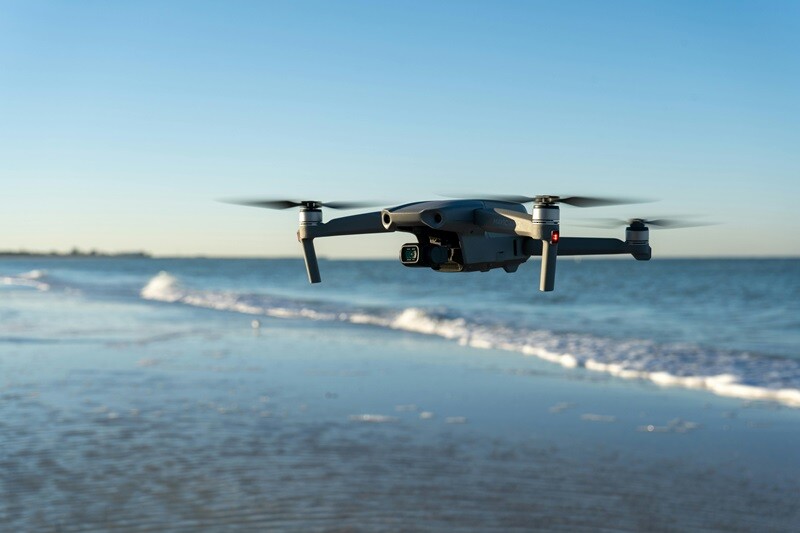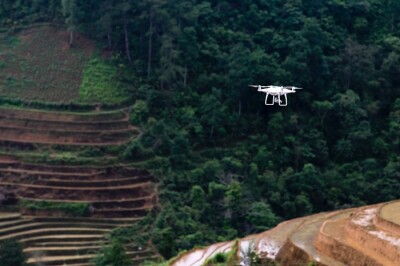For this week’s round-up of commercial drone industry news, we look at a California Supreme Court ruling on the use of drones by police departments, how Grand Rapids, Michigan will deploy UAVs for a parking study, and an innovative use of drones by the USDA to control wild wolves in Oregon.
California Court Rules in Police Drone Footage Case
In a move that could have broad implications for the use of uncrewed systems in law enforcement, the California Supreme Court ruled “that police departments in the state are required to release some of the footage recorded by their drones.” As reported in State Scoop, the ruling is tied to a public records request submitted to the Chula Vista Police Department in 2021 by “Art Castañares, a journalist and publisher of the San Diego Latino news site La Prensa.” Castañares had requested footage the department “had captured over a one-month period as part of its ‘drones as first responder,’ program, in which law enforcement officials send drones to the scenes of emergencies, often beyond the visual-line-of-sight of the operator.” The court last Wednesday denied hearing the City of Chula Vista’s argument against a court requirement that it release its police department’s drone footage to the public.
Michigan City Turns to Drones for Parking Study
Grand Rapids, Michigan officials have recommended the approval of spending some $30,000 for a three-week drone-based parking study. WoodTV.com reports that the city will use UAVs to collect data on on-street and surface parking occupancy to determine the demand for downtown parking. For the project, “Mobile GR will partner with OHM Advisors and Quantifly to fly the drones 300 to 400 feet in the sky, taking photos of cars parked on the street or in ground lots downtown.” City officials say that they “will not collect, store or be able to access any personally identifying information,” but will “only receive aggregated, anonymized outputs, such as heat maps, occupancy counts, and utilization charts, which will be used exclusively to inform parking management and mobility planning.”
USDA “Hazes” Wild Wolves with Drones in Oregon
To stop wild wolves from harming cows in southern Oregon, the United States Department of Agriculture (USDA) has equipped remote-controlled quadcopters with thermal cameras, and “when wolves are seen prowling too close to cattle, the drones shine bright lights and blast loud noises in hopes of scaring them away.” Smithsonian Magazine reports that these “hazing” efforts, detailed in a Global Ecology and Conservation study, have included “audio clips blasted over the nighttime drones’ speakers include AC/DC’s ‘Thunderstruck,’ Five Finger Death Punch’s ‘Blue on Black,’ gunshot and firework sound effects, and dialogue from Noah Baumbach’s 2019 film ‘Marriage Story.’” The Smithsonian article reports that “So far, the unorthodox technique has proven successful. Eighty-five days after the drones were deployed, only two cows had been killed.”















Comments